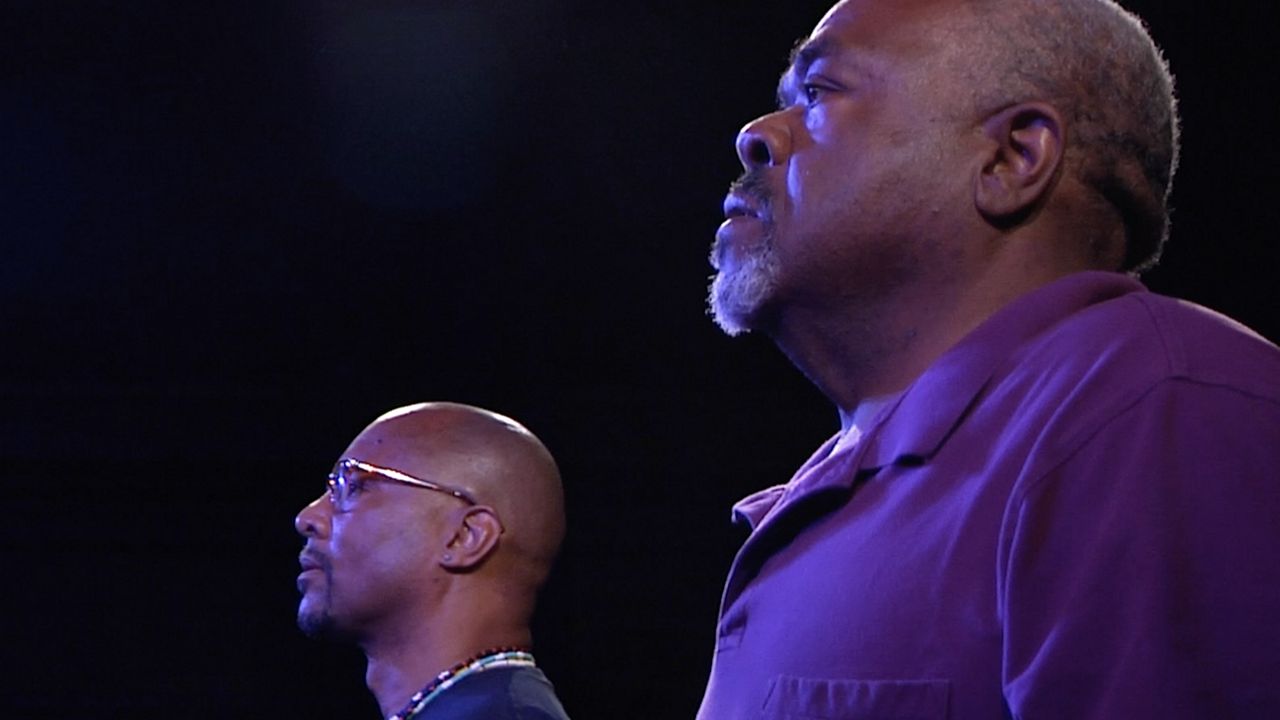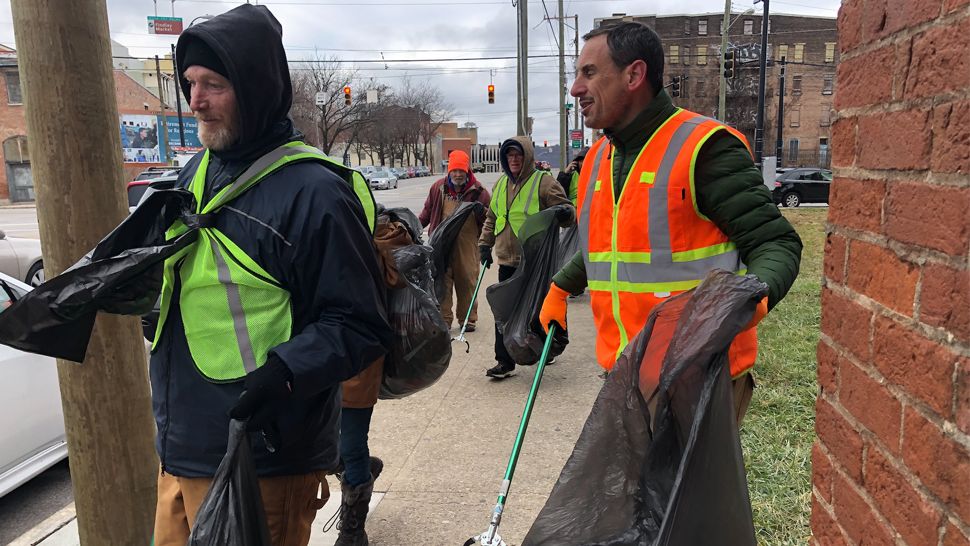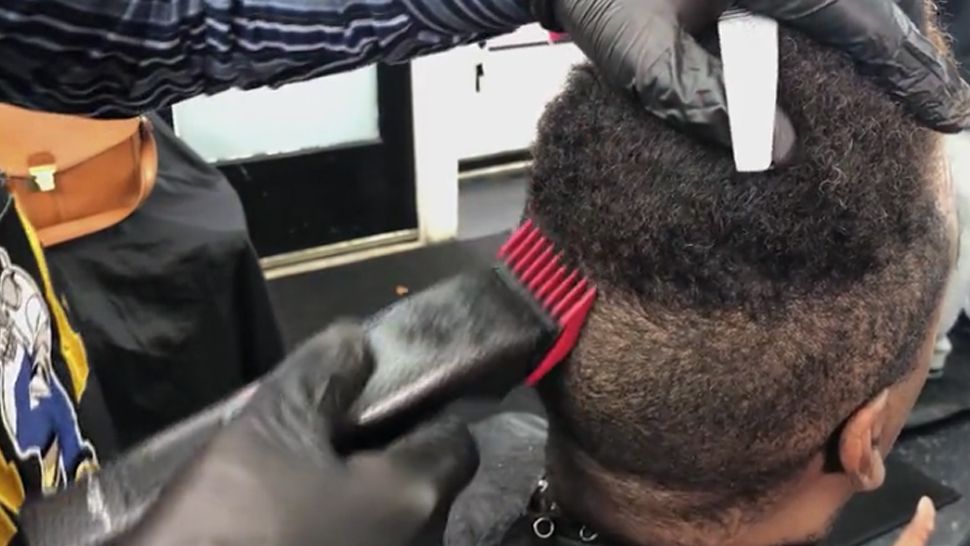CLEVELAND, Ohio – A crowd full of emotion interrupted the Cleveland City Council meeting this week, as advocates for the homeless share the grim reality that people who live in the streets face.
- More than 10,000 Ohioans experience homelessness on any given day
- Around 4,000 homeless adults enter Cuyahoga County shelters each day
- Several Cleveland council members say more needs to be done, given the dropping temperatures in Ohio
Megan Crow, with the Metanoia Project in Cleveland, is demanding a cold weather plan from the city. Metanoia is a nonprofit organization that provides resources for the homeless during the winter.
“Six people in the city of Cleveland have frozen to death over the last two years, there are 110 people in our community that are unsheltered and homeless, not everybody can fit into the two shelters that are open for all,” said Crow.
According to the United States Interagency Council on Homelessness, more than 10,000 Ohioans experience homelessness on any given day.
Cuyahoga County says it sees approximately 4,000 homeless adults entering shelters each day.
Several council members in Cleveland pledged action for their city.
“For many years, the provider system has implemented a cold weather protocol. But there’s more to do on that,” said Councilman Matt Zone, Ward 15.
“We keep up this energy, that we move forward with a bold, intangible plan to ensure not only that we’re talking about cold weather, but we’re talking about a year-round approach to the folks that don’t fit that traditional mold for this supportive housing,” said Councilman Kerry McCormack, Ward 3.
And with demonstrations also taking place in the Rotunda of City Hall, Yvonka Hall, with the Northeast Ohio Black Health Coalition, says this is an issue that needs action now.
“We have people who are wealthy, who have family members who are living in the streets, we have people who are poor who are living in the streets. We have a community that has been marginalized because of social economics, and now we say to that same marginalized community that you cannot lay your head here, and that’s wrong,” said Hall.









